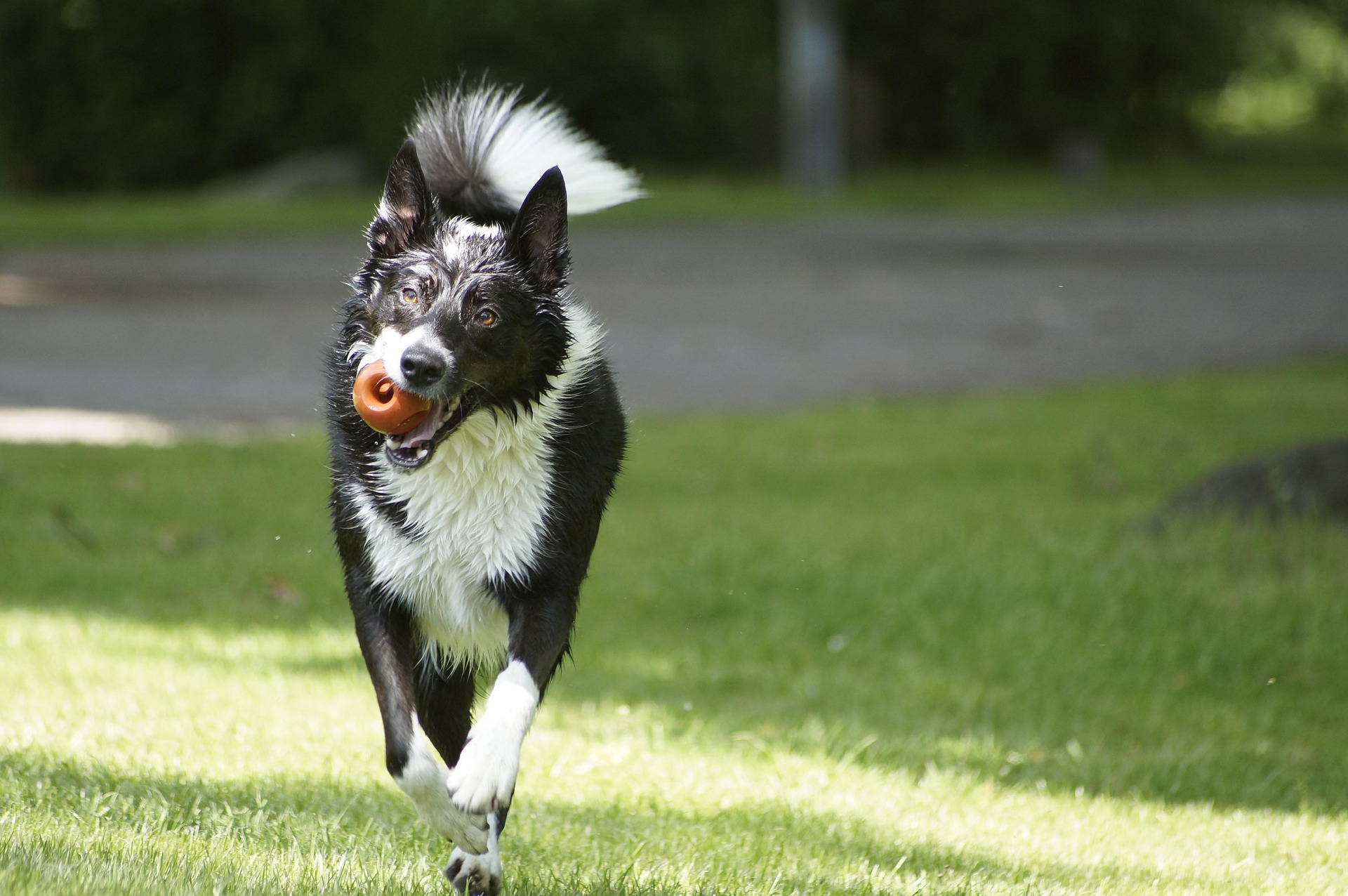A welcome new safety feature pet owners can safely and easily invest in is a dog chip and/or a cat chip to make sure their pets can always be identified and the owners notified of their whereabouts. An animal ID chip strengthens the chance that lost or injured pets and their owners will eventually be reunited.
In the USA, the Animal Humane Association reports that (approximately) 17% of missing dogs are eventually reunited with their owners but 83% never come home. These stats likely are similar for Canadian pets. What happens? Lost dogs and cats are usually taken to pet shelters or animal hospitals. Owners who make the rounds may find their pet, but not always, and homeless pets are eventually adopted out whenever possible.
Why Do So Many Animals Become Lost?
Pets can easily become lost and sometimes injured when they are in unfamiliar territory.
- Even if you have an indoor pet that you keep safely in the house, there are times when a door is opened and your pet seizes the opportunity to run out and explore. Outdoor dogs may squeeze through an opening under the fence or through a gate left open, and cats, of course, can climb and jump.
- Sometimes dogs and cats run because of fear, boredom, to search for a mate, or just for fun.
- If your dog is in a dog park where he or she is allowed to run free, they may become involved in a game of chase with another dog and both animals run out of the park and can’t find their way back or their way home either.
- Cats may run far away because they are chased and afraid, and they may find a place to hide. When they are ready to come home, they may not be able to find the way, especially if they are usually kept indoors or are in an area that is unfamiliar to them.
- Dogs in the country or small towns are sometimes allowed more freedom to run and play and may chase after other dogs or wild animals into wooded areas and not be able to find the way out. Cats that hunt can also become lost as they search for prey.
- Cats and dogs that accompany their owners on picnics, camping trips, or on travels may wander away and their owners eventually have to leave the area without them.
What is an ID Chip and What are its Benefits?
An ID chip is a microchip that is inserted under the skin of your pet on which is inscribed a recorded identification (ID) number. This ID number is one of many enrolled numbers and each includes the name of a pet and the owner’s contact information.
Because the identification chip is so small—about the size of a grain of rice—it can be implanted into the animal easily and painlessly without anesthetic, and you can have this done when you take your pet to the veterinarian for their regular checkup or vaccination.
When a pet is found or injured, they are missing their collar, and they are taken to a hospital or shelter, a routine scan will be done in hopes that a chip is present and the owner can be notified.
How Owners Can Find Their Lost Pets
ID chips are great but should be used in conjunction with the traditional collar, owner ID, and license tags. The weakness of the classic collar ID is that it can break, and tags can loosen and fall off. However, the collar is the first place a person will look if they find a lost or injured pet. It remains to be the fastest way for you to be reunited with your little friend.
Even though you equip your pet with both the ID chip and a collar with ID tags, if your pet is lost, you may still locate him or her quickly the old-fashioned way—by flyers posted and delivered that have your phone number, the name of your pet, a description, and a picture if possible. You can also post the information on Twitter and Facebook if you have accounts. There are a lot of animal lovers around online who will immediately begin keeping an eye out for your pet and will call you if he or she is seen wandering around.
If your pet doesn’t come home because they are lost or injured, make sure you have done everything possible to ensure a safe return. Have an ID dog chip and/or a cat chip inserted under their skin, make sure they are wearing a collar with an ID tag, distribute flyers, and post on social media if possible. Finding a lost pet can be challenging, but good preparation is your best chance of success.
Creative Commons Attribution: Permission is granted to repost this article in its entirety with credit to Hastings Veterinary Hospital and a clickable link back to this page.
Image Credit: Pixabay






